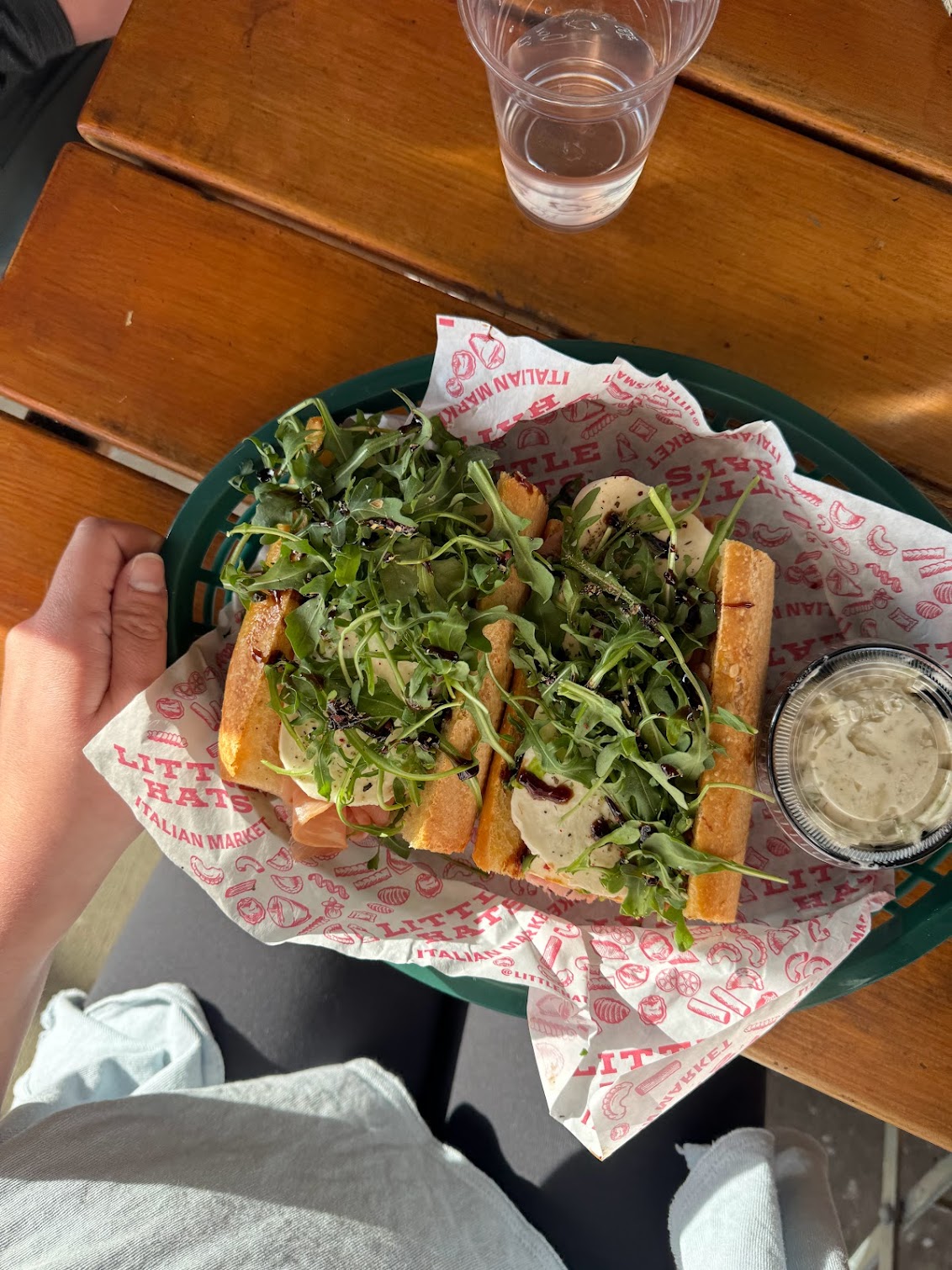Breaking Down Nutrition Myths You Learned From Diet Culture

May 22, 2025
If you’ve ever felt guilty for eating a cookie, skipped meals to “make up” for a big dinner, or believed carbs were the enemy—you’re not alone. These thoughts aren’t random; they’re the result of diet culture, a powerful social force that shapes how we think about food, bodies, and health.
Diet culture is sneaky. It masquerades as “wellness,” “clean eating,” or “discipline,” but at its core, it promotes a harmful belief: that thinner is better, and that we must earn or restrict food to be worthy.
Let’s break down some of the most common nutrition myths you may have learned from diet culture—and why they’re not helping you build a healthy relationship with food.
Myth #1: Carbs Are Bad for You
The truth: Carbohydrates are your body’s preferred source of energy—especially for your brain. Whole grains, fruits, legumes, and even simple carbs like white bread or pasta can all have a place in a balanced eating pattern. Demonizing carbs can lead to fear, cravings, and eventually binge-restrict cycles.
Myth #2: Eating After 7 PM Will Make You Gain Weight
The truth: Your body doesn’t “shut down” at night. What matters most is your total intake and nourishment over time—not the clock. Restricting food at night often leads to nighttime overeating or waking up ravenous, and it disconnects you from your body’s natural hunger cues.
Myth #3: Weight Equals Health
The truth: Health is not a number on a scale. People of all sizes can experience health or illness. In fact, the pursuit of thinness can sometimes lead to disordered behaviors that harm health. A weight-inclusive approach focuses on behaviors like joyful movement, stress management, and balanced nutrition—rather than shrinking your body.
Myth #4: Clean Eating Is the Ultimate Goal
The truth: “Clean” is a marketing term, not a scientific one. Labeling food as “clean” implies that other foods are “dirty” or bad—which adds moral judgment to something that should be neutral. All foods have a place in a nourishing relationship with food. Yes, whole foods are great—but eating a bag of chips doesn’t make you unhealthy or immoral.
Myth #5: You Should Always Be in Control Around Food
The truth: Trying to control food too tightly often backfires. Restriction increases preoccupation with food and can lead to feelings of being “out of control” when you finally allow yourself to eat. Trusting your body and practicing permission to eat is actually a key part of intuitive, sustainable eating.
Myth #6: You Need to Earn or Burn Off Your Food
The truth: Your body needs fuel every day—regardless of your activity level. Food is not a reward or a punishment. It’s your body’s basic need. Exercise should be a form of self-care, not a compensation strategy.
Myth #7: You’ll Be Healthier If You Just Have More Willpower
The truth: Willpower isn’t the issue—biological and psychological deprivation are. Your body is wired to protect you from starvation. When you chronically undereat or label foods as off-limits, your body pushes back with cravings and obsession. This isn’t weakness—it’s survival.
Let’s Rewrite the Narrative
Healing your relationship with food means unlearning the rules and rigidity that diet culture taught you. That can feel scary—but also incredibly freeing. You don’t need to follow arbitrary food rules to be healthy, worthy, or enough.
Real nourishment is about flexibility, pleasure, consistency, and self-compassion—not fear or control.
Need help letting go of diet culture?
As a registered dietitians specializing in eating disorders and disordered eating, Meant to Eat Nutrition Counseling helps clients find peace with food and trust in their bodies again. If you’re ready to explore a new way of eating, free from guilt and shame, reach out—we’re in this together.
Take our quiz to figure out where you are in your relationship with food & if we’d recommend getting support from a dietitian. If you have BCBS or Aetna health insurance, you could receive nutrition counseling benefits 100% covered by your insurance benefits. Reach out today & we’d be happy to check your benefits for you.
Thank you, Mikayla, for writing such a thoughtful & important blog and for all you do for us at Meant To Eat!